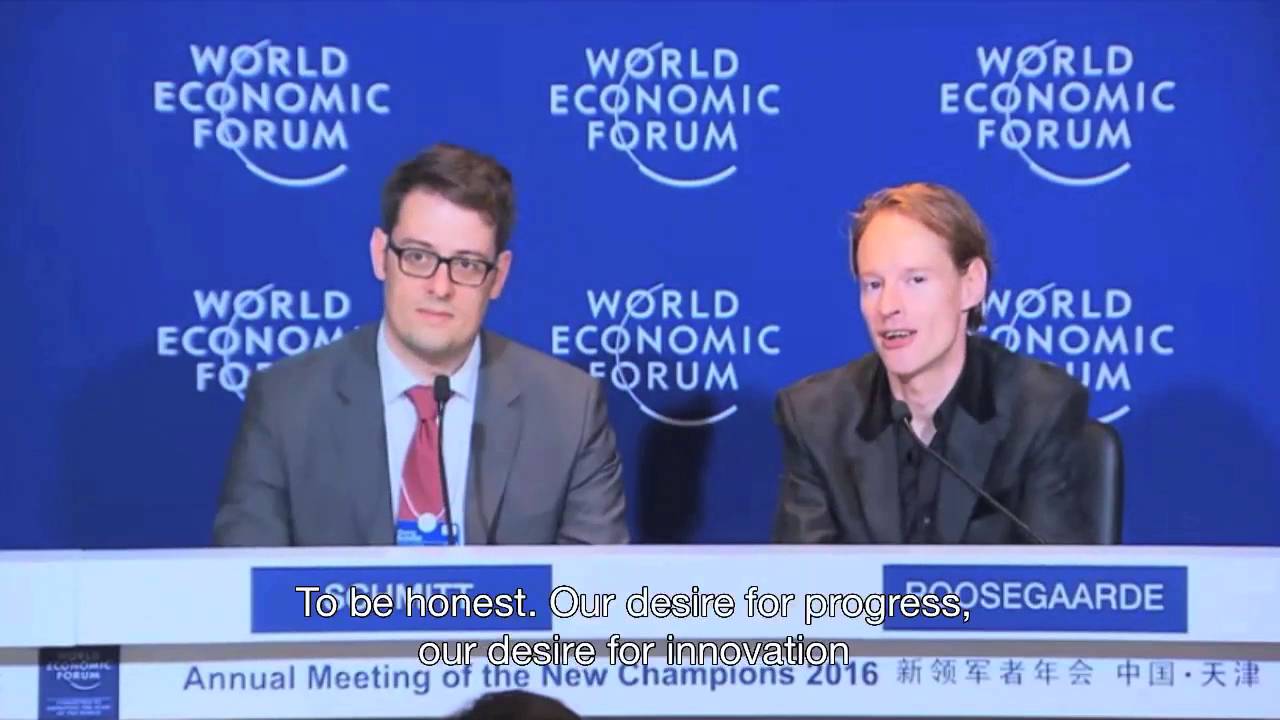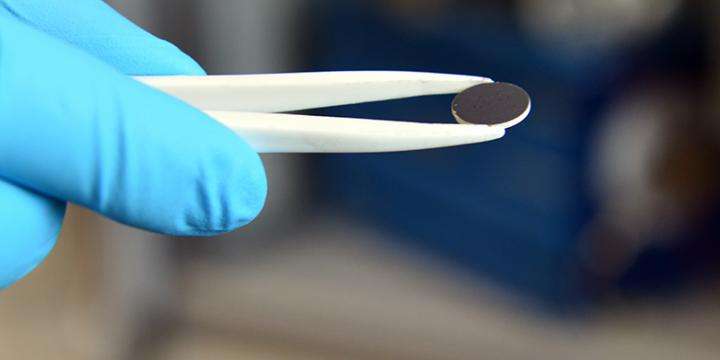Archive for the ‘environmental’ category: Page 15
Aug 19, 2016
Be the first to comment on “Synthetic Biology: We Will Grow Entire Cities Out Of Living Organisms”
Posted by Karen Hurst in categories: bioengineering, biotech/medical, education, environmental, robotics/AI, space travel

Hmmmm.
Technocrat scientists believe they can ‘code’ any kind of future they want, but what about what everyone else wants? These are the overlords of Technocracy who believe that we should just ‘trust them’ to build Utopia. ⁃ TN Editor.
Aug 17, 2016
Apple’s Tim Cook arrives in China bearing gifts: A new research center and environmental help — By Chris O’Brien | VentureBeat
Posted by Odette Bohr Dienel in categories: business, environmental, law
Aug 16, 2016
Solid batteries improve safety — By Fabio Bergamin | Phys.org
Posted by Odette Bohr Dienel in categories: energy, environmental, science
“Researchers at ETH Zurich have developed a lithium-ion battery made entirely of solid material: it contains neither liquids nor gels. The battery cannot ignite, even at very high temperatures, giving it a safety advantage over conventional batteries. In addition, they allow new forms of battery design.”
Tags: Batteries, Lithium-ion
Aug 4, 2016
How Scientists Plan to Grow Cities Out of Living Organisms
Posted by Sean Brazell in categories: bioengineering, biotech/medical, education, environmental, robotics/AI, space travel

Imagine a future where there is no need to cut down a tree and and reshape that raw material into a chair or table. Instead, we could grow our furniture by custom-engineering moss or mushrooms. Perhaps glowing bacteria will light our cities, and we’ll be able to bring back extinct species, or wipe out Lyme disease—or maybe even terraform Mars. Synthetic biology could help us accomplish all that, and more.
That’s the message of the latest video in a new mini-documentary Web series called Explorations, focusing on potentially transformative areas of scientific research: genomics, artificial intelligence, neurobiology, transportation, space exploration, and synthetic biology. It’s a passion project of entrepreneur Bryan Johnson, founder of OS Fund and the payments processing company Braintree.
Continue reading “How Scientists Plan to Grow Cities Out of Living Organisms” »
Aug 3, 2016
Gogoro starts an electric scooter-sharing program in Berlin — By Sean O’Kane | The Verge
Posted by Odette Bohr Dienel in categories: energy, environmental, transportation
“Gogoro is bringing 200 of its stylish all-electric scooters to Berlin. Starting today, anyone over 21 with a valid driver’s (or motorcycle) license will be able to rent one of the scooters as part of a new scooter-sharing program”
Jul 30, 2016
Tesla Launches Gigafactory | Tesla Motors
Posted by Odette Bohr Dienel in categories: business, Elon Musk, energy, environmental, physics, solar power, transportation
Tag: Tesla
Jul 27, 2016
How eco-friendly communes could change the future of housing — By Autumn Spanne | The Guardian
Posted by Odette Bohr Dienel in categories: business, complex systems, economics, energy, engineering, environmental, ethics, food, government, habitats
“An increasing number of US landowners want to build commune-style villages that are completely self-sufficient and have a low carbon footprint”
Jul 24, 2016
Why turning China’s smog into diamonds isn’t as crazy as it sounds
Posted by Magaly Santiago in categories: environmental, health, nanotechnology

Dutch artist Daan Roosegaarde has come up with an innovative plan to tackle Beijing’s air pollution problem – and in doing so, turn a health hazard into a thing of beauty.
After a pilot in Rotterdam, the Smog Free Project is coming to China. The project consists of two parts. First, a 7m tall tower sucks up polluted air, and cleans it at a nano-level. Second, the carbon from smog particles is turned into diamonds. Yes, diamonds.
Continue reading “Why turning China’s smog into diamonds isn’t as crazy as it sounds” »
Jul 14, 2016
Is physical pleasure bad for your health?
Posted by Marios Kyriazis in categories: aging, environmental, life extension, philosophy
Philosophers have been debating the meaning of life for millennia. Billions of people believe that the principal aim in life is to experience pleasure, and they try to enjoy life as much as possible before they die. A minority of others, make it their life’s aim to achieve something which is over and above simple pleasure: not merely to help others, not even to help humanity at large. They aim, whether knowingly or unknowingly, to improve the evolutionary process of nature as a whole.
So far, so good. But it appears that the view we hold about our life, our worldview, has a direct impact on our biology. We know that thinking positively may help improve the immune system. But research also shows that people who aim for pleasure (Hedonia) may have an impaired genetic profile, compared to those who aim for higher virtues (Eudaimonia). There is a distinction between these two terms and it is worth providing a definition here:
Hedonia is an exclusive search for pleasure and avoidance of discomfort. It may involve increased emphasis on eating well, drinking, dancing, playing, and generally enjoying simple pleasures in life. It is contentment, gratification, fun, merriment, satisfaction and, perhaps necessarily, a lack of motivation to search for a nobler aim in life. One may argue that hedonia involves a risk that leads to bad health due to a tendency to excesses (smoking, alcohol, coffee, sweets), a general inclination to avoid uncomfortable physical activity, and a lack of challenging cognitive effort. The risk of addiction may be increased. Erosion of social bonds become a possibility when a hedonist is more concerned about his/her own pleasure and is less sensitive to the needs of others.
Eudaimonia is a term reflecting the highest ‘intellectual good’. It is virtue plus excellence, superior ethical refinement, cognitive sophistication, as well as other qualities such as persistent motivation, wisdom, imagination, creativity, vision and a feeling of purpose. The term has been discussed by many ancient Greek philosophers particularly Aristotle and the Stoics. In modern times and in a wider sense, eudaimonia may be equated with meaningful technological hyperconnection, or ‘Intentional Evolution’, an attempt to constructively improve the human condition in all respects (including those relating to the wider universe). Hedonia is found both in animals and in humans, whereas eudaimonia is only found in humans.
Continue reading “Is physical pleasure bad for your health?” »
Tags: Eudaimonia, longevity, Pleasure, Social genomics, Society














